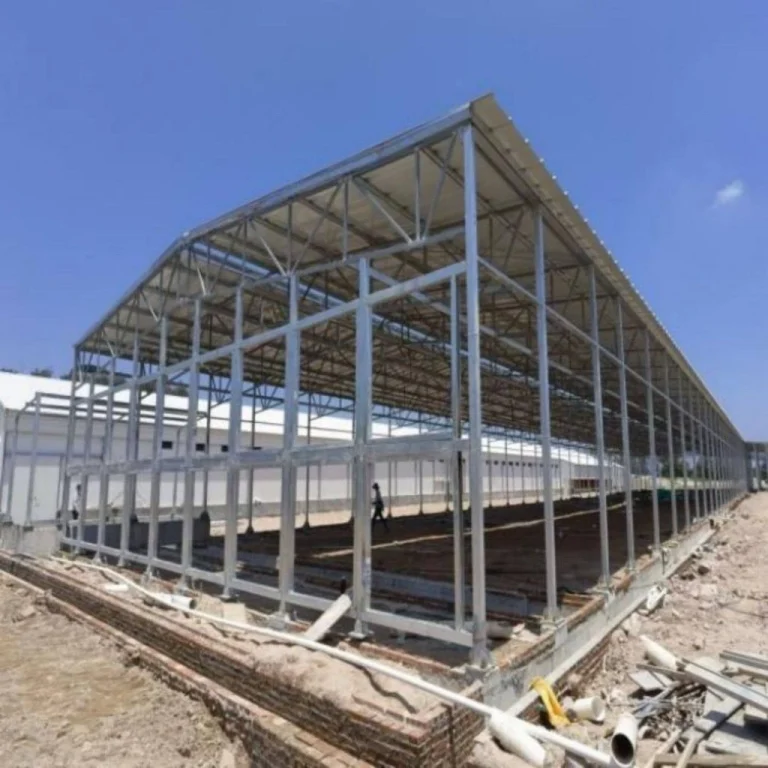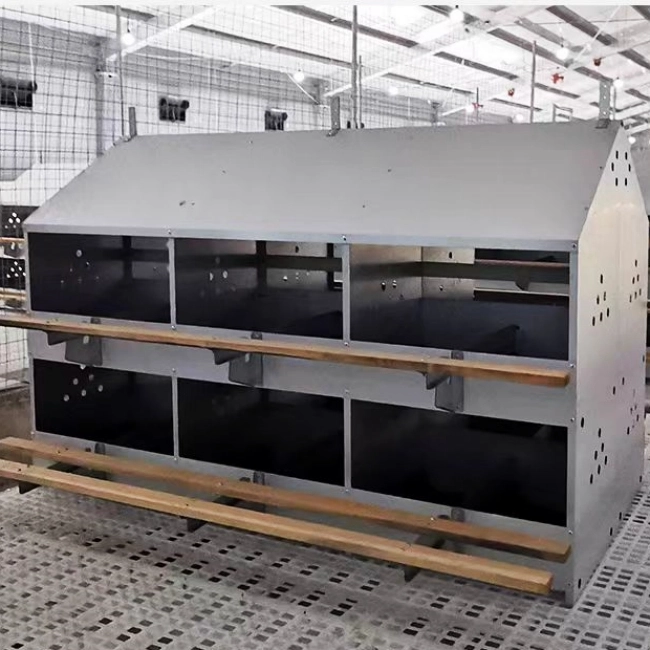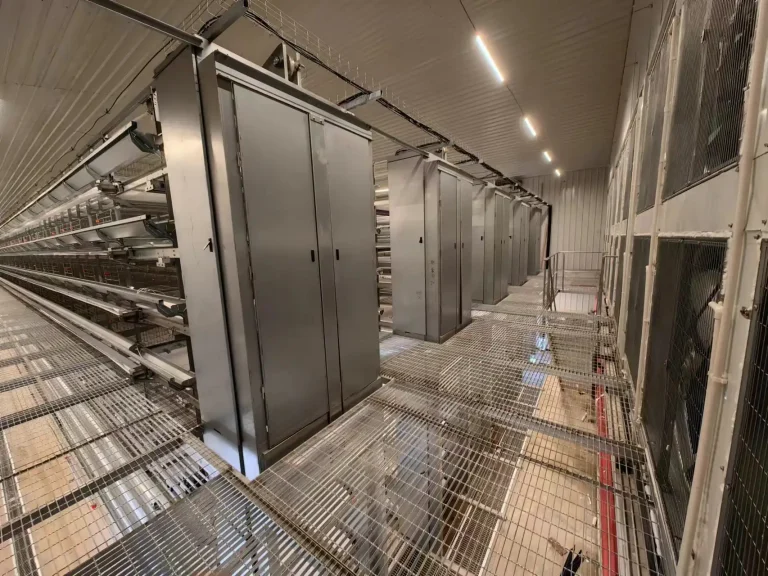Advancements in Poultry Incubators
Understanding the Role of Incubators in Poultry Farming
In contemporary poultry farming practices, poultry incubators play a role in creating a regulated setting for hatching eggs. They replicate the required conditions for successful egg hatching by maintaining appropriate levels of temperature, humidity, and air circulation. This not only boosts the rate of successful hatching but also enables farmers to handle large quantities of eggs effectively. Using hatcheries helps minimize the risks linked to brooding, such as threats from predators and irregular temperature fluctuations, resulting in improved productivity levels.
Types of Poultry Incubators Available
Forced-Air Incubators
Forced-air incubators come with fans that help circulate air evenly in the chamber to ensure a consistent temperature necessary for the embryos’ steady growth process. These incubators are perfect for operations, as they can maintain stability despite any external environmental changes.
Still-Air Incubators
In still-air incubators, hatching eggs without mechanical aid is a common practice for smaller batches of eggs. Careful placement is needed to ensure even heating, as this is affected by the airflow within the incubator itself. While they might not deliver the same level of uniformity as forced-air models, they are budget-friendly and advantageous for small-scale or hobbyist poultry farmers.
Key Features to Consider When Choosing an Incubator
When choosing a poultry incubator, it’s important to think about its size, how easy it is to use, and the automation options available. Ensuring temperature control is key. Digital thermostats are more accurate than analog ones. To prevent dehydration or excess moisture in the incubator, humidity regulation systems are crucial. Furthermore, automatic egg-turning mechanisms can lessen work and enhance hatch rates by guaranteeing even heat distribution.
Enhancing Efficiency with Layer Chicken Cages
Benefits of Using Layer Chicken Cages in Poultry Farms
Raising chickens in layer cages comes with benefits, as it helps make the most of space and improves how the farm is run efficiently on all fronts. It allows for easier egg collection and enables farmers to monitor the health and behavior of the birds more effectively. Additionally, having feeding systems set up within these cages, carefully regulated by farmers, ensures that all hens receive a consistent diet. This results in producing more eggs at a higher rate overall.
Different Designs and Materials for Layer Chicken Cages
Battery Cages
Battery cages are commonly employed for their efficiency in space utilization and simplified maintenance procedures. They are designed with levels arranged vertically to accommodate numerous birds in a confined space. However, social and moral concerns have prompted the evaluation of their utilization because of the restricted space allocated to each bird.
Enriched Cages
Enriched cages offer room for each bird, as opposed to conventional battery cages, and incorporate features such as perches and nesting spaces to encourage natural behaviors in the birds housed within them. These cages manage to find a balance between productivity and animal welfare guidelines, which is why they are becoming more favored by ethical poultry farmers.
Maintenance and Management of Layer Chicken Cages
Keeping layer chicken cages in good condition is crucial for maintaining high levels of production efficiency in poultry farming operations. Regular cleaning plays a role in preventing the spread of diseases by lowering the presence of harmful pathogens in the surroundings. It is important to set up inspection schedules to quickly identify any structural issues or problems with feeding systems. Moreover, incorporating biosecurity protocols is essential to safeguard poultry from risks like avian flu outbreaks.
Overview of Essential Poultry Farm Equipment
Essential Automatic Feeding Systems for Modern Poultry Farms
Automated feeding systems simplify tasks by providing feed quantities at set times to save on labor expenses and reduce wastage while maintaining uniform nutrient intake for all the birds in the flock consistently. A sophisticated setup allows for customization of feed content according to the birds’ developmental phases or breeding periods, to improve operational productivity even further.
Effective Watering Solutions for Poultry Health
Ensuring that poultry stays healthy is vital. Using proper watering systems is key to this goal. A popular choice for poultry farmers is drinkers because they help reduce spillage and keep the water clean compared to older trough systems. Water systems with automation can constantly check the quality of water by monitoring factors like pH levels and temperature changes in time. This guarantees that the flock always has access to proper hydration levels.
Integrating Technology in Poultry Farming Practices
Automation and Control Systems in Poultry Farms
Sophisticated control systems also empower farmers to monitor and manage their operations using mobile apps or web platforms. This feature enables farmers to supervise their activities from any location and access instant updates on flock health, feed consumption, and environmental conditions. Having quick access to actionable information aids in averting problems before they worsen, promoting bird welfare, and sustaining productivity levels.
Monitoring and Data Analysis Tools for Improved Productivity
Today’s chicken farms are using monitoring and data analysis tools more often to improve their production methods effectively. These tools gather information on factors like temperature, humidity levels, the amount of feed consumed by the birds, the water they drink, and their activity levels. By studying this data, farmers can spot trends and patterns that influence how productive their farms are.
Predictive analysis is important for foreseeing issues, like disease outbreaks or equipment malfunctions, in order to take necessary actions and reduce risks and damages promptly. Furthermore, data-driven information helps farmers improve their management techniques by adjusting feeding timings or changing factors to boost growth and increase egg yields.
Introduction to Zeus Products for Modern Poultry Farms
Zeus Products leads the way in revolutionizing poultry farm tools by providing an array of solutions tailored to suit contemporary poultry businesses’ requirements.
Zeus not only offers feeding solutions but also provides cutting-edge watering systems that guarantee a constant supply of clean water while minimizing wastage. Our sophisticated filtration systems uphold the standards for poultry health by ensuring the quality of the supplied water is maintained at all times.
Zeus also provides cutting-edge climate control systems that efficiently manage the temperature and humidity in poultry houses. These systems use sensors to adjust settings in response to changes in the environment or the needs of the birds.






